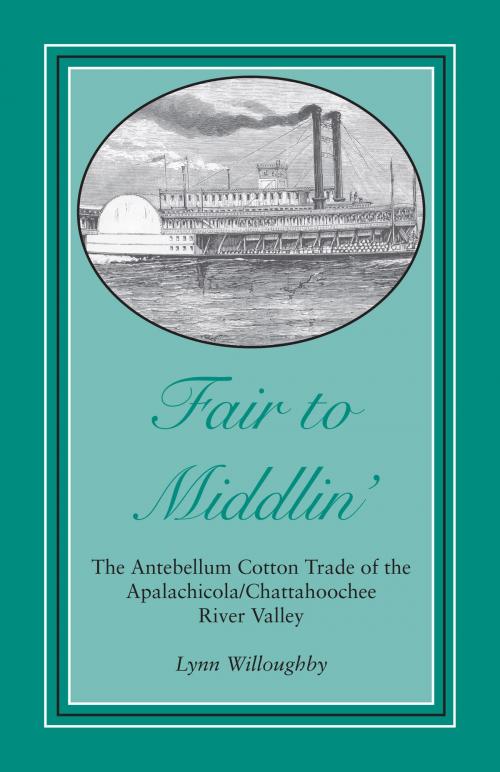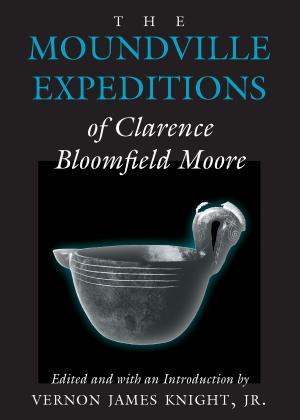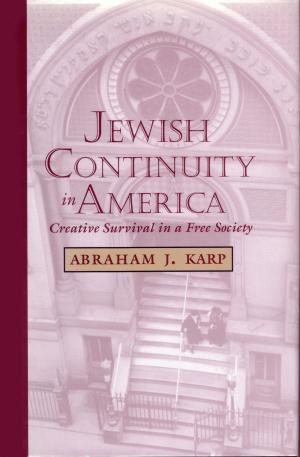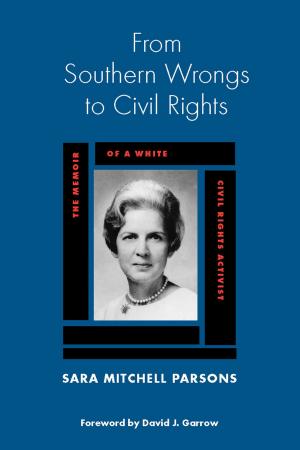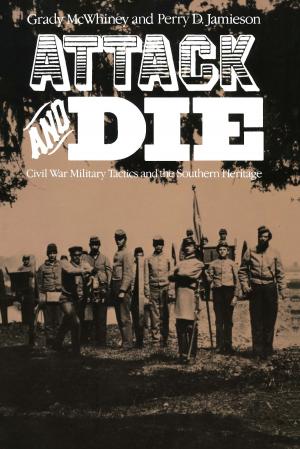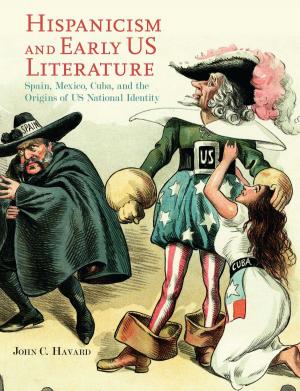Fair to Middlin'
The Antebellum Cotton Trade of the Apalachicola/Chattahoochee River Valley
Business & Finance, Economics, International| Author: | Lynn Willoughby | ISBN: | 9780817389796 |
| Publisher: | University of Alabama Press | Publication: | June 5, 2015 |
| Imprint: | University Alabama Press | Language: | English |
| Author: | Lynn Willoughby |
| ISBN: | 9780817389796 |
| Publisher: | University of Alabama Press |
| Publication: | June 5, 2015 |
| Imprint: | University Alabama Press |
| Language: | English |
In Fair to Middlin', Lynn Willoughby describes the livelihood of the regional antebellum economy surrounding the Apalachicola/Chattahoochee River valley and the resulting global impact of this industry. This study focuses on the port of Apalachicola, Florida and the business men who lived the trade, flourishing amongst the poor conditions of transportation, communication, money, and banking. Cotton businessmen located along the waterway and on the coast neatly divided the labour necessary to market the region's major source of income. Early regional economics revolved around and grew from the rivers that served as the primary form of transportation, and each patchwork of economy in the antebellum South relied on a different river system and its major transportation artery. Few people truly understand and realize how important cotton was to the world's economy, and no other American export came close to the importance of cotton. This power and success allowed the South to function self-sufficiently, eliminating the need to rely on other regions for goods. It was not until the introduction of the railroad system that these individual river economies blurred and faded into one another, gradually uniting to one integrated national economy.
Fair to Middlin' is the recipient of the 1992 Mrs. Simon Baruch University Award of The United Daughters of the Confederacy.
In Fair to Middlin', Lynn Willoughby describes the livelihood of the regional antebellum economy surrounding the Apalachicola/Chattahoochee River valley and the resulting global impact of this industry. This study focuses on the port of Apalachicola, Florida and the business men who lived the trade, flourishing amongst the poor conditions of transportation, communication, money, and banking. Cotton businessmen located along the waterway and on the coast neatly divided the labour necessary to market the region's major source of income. Early regional economics revolved around and grew from the rivers that served as the primary form of transportation, and each patchwork of economy in the antebellum South relied on a different river system and its major transportation artery. Few people truly understand and realize how important cotton was to the world's economy, and no other American export came close to the importance of cotton. This power and success allowed the South to function self-sufficiently, eliminating the need to rely on other regions for goods. It was not until the introduction of the railroad system that these individual river economies blurred and faded into one another, gradually uniting to one integrated national economy.
Fair to Middlin' is the recipient of the 1992 Mrs. Simon Baruch University Award of The United Daughters of the Confederacy.
